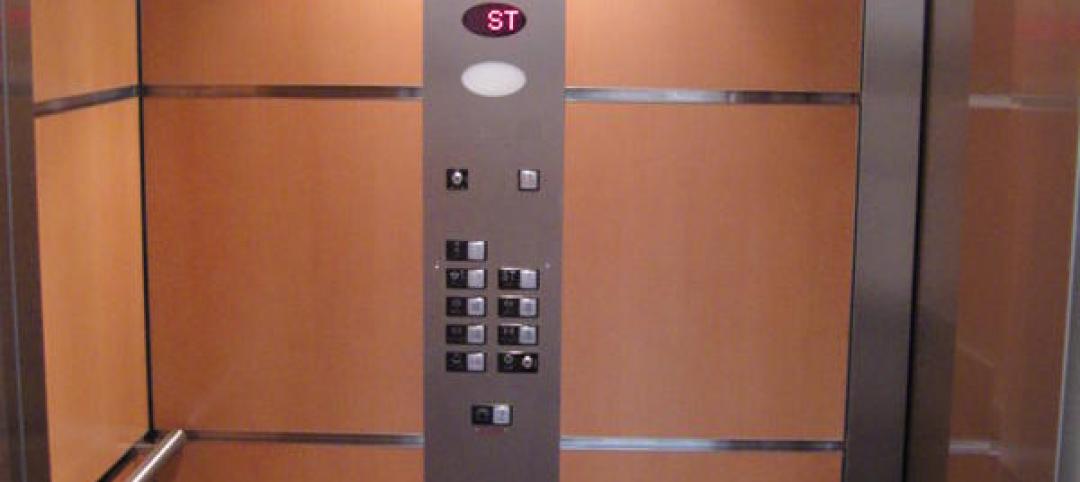The recently released Wi-Fi standard, IEEE 802.11az enables more refined and accurate indoor location capabilities.
As technology manufacturers incorporate the new standard in various devices, it will enable buildings, including malls, arenas, and stadiums, to provide new wayfinding and tracking features. The previous standard yielded Wi-Fi location accuracy of 1-2 meters, while the new standard raises accuracy to less than 0.1 meter or about 4 inches.
Applications are expected to use this technology by:
- Providing more accurate indoor navigation. In a retail store, for example, a consumer could use an application to navigate through a store, as is used in vehicles to map a travel route, from the entrance to the desired product.
- Enablement of micro-targeting for retail and warehouse asset tracking. A store worker could use a mobile app to track products on shelves, in the stock room, and in a warehouse. A retailer could also leverage usage data from its customers’ shopping apps—such as their movements on the retail floor—to derive analytics and serve relevant ads to the user.
- Improved scalability will allow hundreds of devices to connect at the same time in dense environments, such as shopping malls, arenas, and stadiums where large numbers of users are actively co-locating with Wi-Fi simultaneously.
- Secure, authenticated, and private positioning. Proper authentication can be confirmed when you are within inches of two devices. This could be used, for example, to unlock an interior door via a smart device. Other applications could be the use of a smart device to make payment at the point of sale or using it to facilitate an ATM transaction.
Related Stories
| Apr 26, 2012
Developers can use LEED wastewater credits to help gain approvals in environmentally sensitive locales
Those wanting to pursue development in heavily regulated and environmentally sensitive areas are benefiting by designing projects that qualify for LEED points, even if the project as a whole does not achieve certification.
| Apr 26, 2012
New York City Council moves to license elevator mechanics
New York’s City Council introduced a measure last week that would require the city’s 7,000 elevator mechanics to meet national standards and be licensed by the city.
| Apr 19, 2012
LEED 2012 to include new credit category for transit-oriented development
The updated LEED 2012 system will introduce a new credit category, “Location and Transportation,” to encourage development oriented around public transit and more walkable communities.
| Apr 13, 2012
International Living Building Institute certifies first two Net Zero Energy buildings
A community building in Oregon and an office building in California are the first two projects to earn net-zero status under the International Living Building Institute’s Net Zero Energy Certification program.
| Apr 5, 2012
LEED 2012 will include new requirements for data centers
The U.S. Green Building Council’s updated LEED 2012 standards will require two systems to be modeled for each project in order to show power utilization effectiveness.
| Mar 30, 2012
LEED growing fast in the housing rental market
Last year, developers of 23,000 U.S. multifamily housing units applied for LEED certification.
| Mar 30, 2012
Forest Stewardship Council critical of proposed LEED 2012 changes
According to the Forest Stewardship Council (FSC), the third draft of LEED 2012, if approved as written, would represent a step backward from the current Certified Wood Credit.
| Mar 22, 2012
Symposium on water efficiency: How much more water can be saved?
The Third International Emerging Technology Symposium by IAPMO and the World Plumbing Council features a session on water efficiency.
| Mar 15, 2012
ANSI approves new fall protection standards
The American National Standards Institute (ANSI) has approved two American Society of Safety Engineers' (ASSE) standards addressing fall protection.
| Mar 8, 2012
New LEED-EBOM rating has requirements for specific project types
Several key changes are proposed for the LEED-EBOM Rating System in 2012.

















